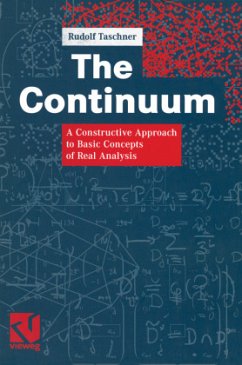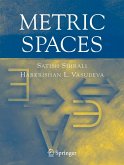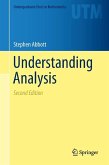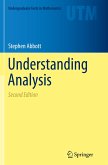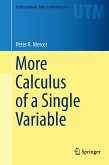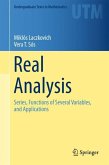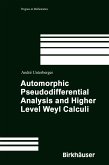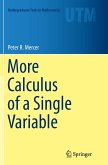"Few mathematical structures have undergone as many revlSlons or have been presented in as many guises as the real numbers. Every generation re-examines the reals in the light of its values and mathematical objectives." This citation is said to be due to Gian-Carlo Rota, and in this book its correctness again is affirmed. Here I propose to investigate the structure of the mathematical continuum by undertaking a rather unconventional access to the real numbers: the intuitionistic one. The traces can be tracked back at least to L.E.J. Brouwer and to H. Weyl. Largely unknown photographies of Weyl in Switzerland after World War II provided by Peter Bettschart enliven the abstract text full of subtle definitions and sophisticated estimations. The book can be read by students who have undertaken the usual analysis courses and want to know more about the intrinsic details of the underlying concepts, and it can also be used by university teachers in lectures for advanced undergraduates and inseminaries for graduate students. I wish to thank Walter Lummerding and Gottfried Oehl who helped me with their impressive expert knowledge of the English language. I also take the opportunity to express my gratitude to Ulrike Schmickler-Hirzebruch and to the staff of Vieweg-Verlag for editing my manuscript just now, exactly 50 years after the death of Hermann Weyl, in their renowned publishing house. Vienna, 2005 Rudolf Taschner Contents 1 Introduction and historical remarks 1 1.1 F AREY fractions. .
Bitte wählen Sie Ihr Anliegen aus.
Rechnungen
Retourenschein anfordern
Bestellstatus
Storno

